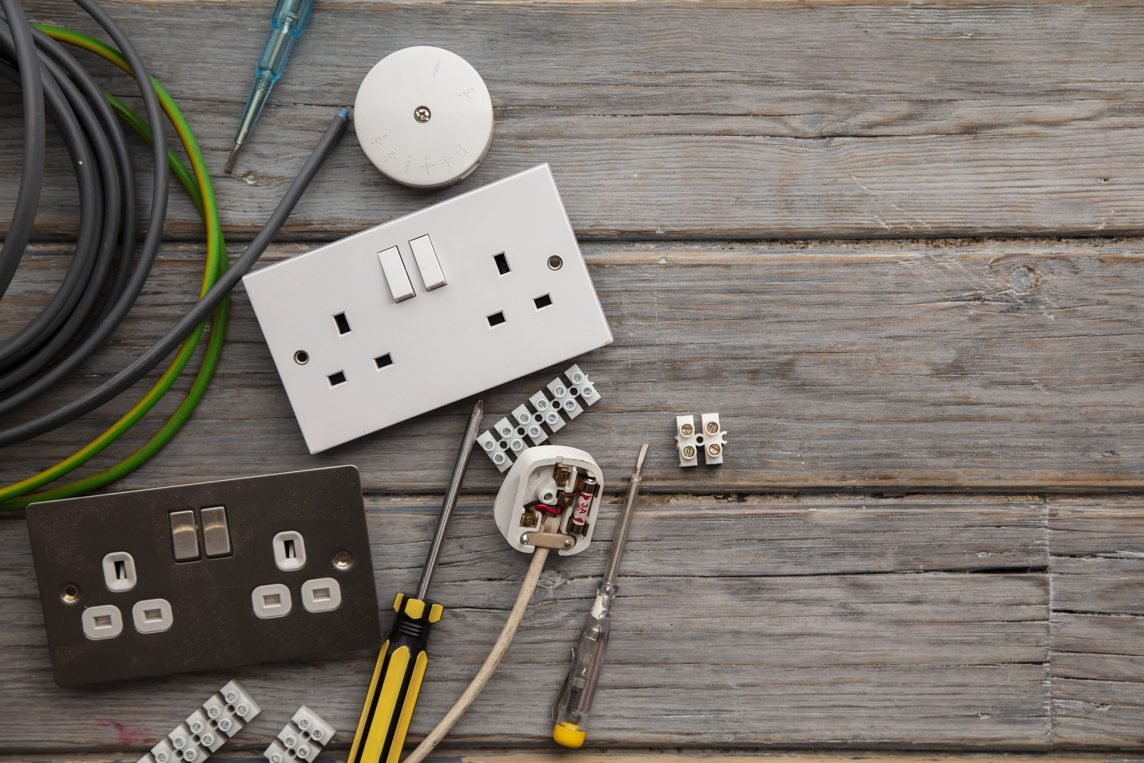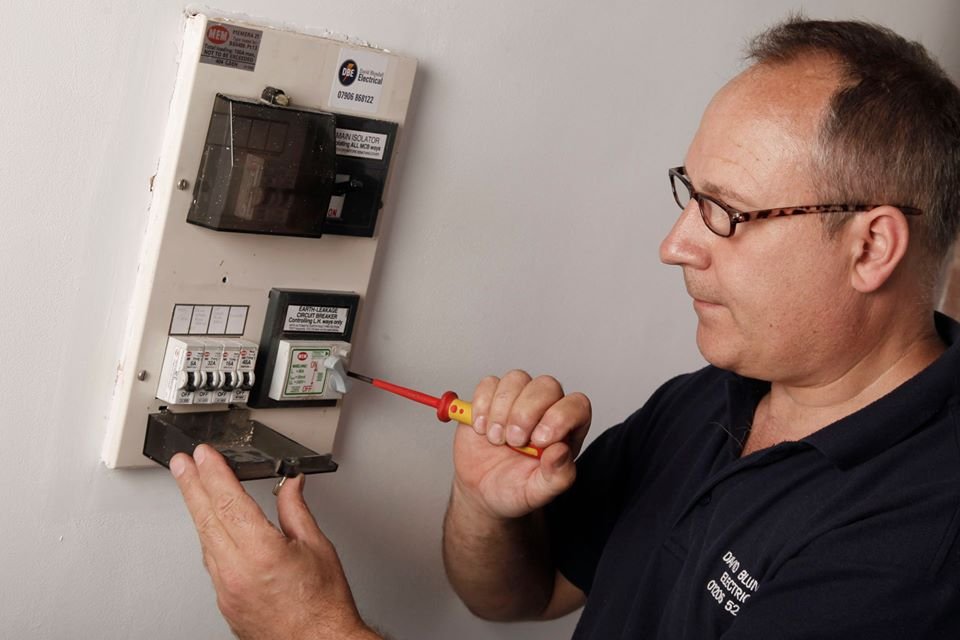An electrician’s work is never done. There’s always plenty to do and so I always get up early, and I’m out of the house by 7.30 am.
The Nights Are Drawing In
The Nights Are Drawing In
On the odd sunny autumn day, it’s easy to imagine that summer is still there. But with the mornings and evenings getting darker and darker, there’s just no denying it – summer is definitely over. For an electrician that means we’ll start getting more calls about problems to do with lighting. Faulty bathroom pull cords are a particularly common problem we’re contacted about in the Colchester and Ipswich areas.
Welcome to David Blundell Electrical
Welcome to our website. We are David Blundell Electrical, Colchester and Ipswich Electricians with over 15 years of experience. We are part-p compliant, ELECSA registered – so you know you are in good hands. We always pride ourselves on providing trustworthy, reliable and professional service and this is why we have a special commitment to our customers.
Colchester and Ipswich Electrical Services
Choosing the right electrician is never easy. Whether you just need a quick electrical fix, new socket or lighting installed or perhaps even a commercial installation or PAT test. Talk to us about your requirements and we’ll give you honest, expert advice.
Do I Need a Certificate for my Electrical Work?
The kind of certificate you need depends on the type of electrical appliance or installation you have. In this post, I’ll explain some common types of electrical work, how they need to be tested and what certification is needed.
Anything with a plug on it, for example, kettles, toasters, lamps, etc, should be PAT tested for a home office or business. In a normal working environment, these types of appliances need to be tested every year. If it is a hire company then they’ll need testing every time the equipment goes out. Alternatively, if the environment is “high risk”, like a building site, then appliances will possibly need weekly testing. The best way to inspect a plug appliance is visual. Make sure everyone is aware of what to look for: things like smashed casing, split cables, cracked plug or exposed wiring.
For electrical installations, you will require an Electrical Installation Condition Report (EICR). This used to be known as a Periodic Inspection Report (PIR). An EICR is like an MOT on your electrical installation which is normally carried out every 5 or 10 years for a domestic installation. For jobs like a complete rewire or a complete new circuit, there is an Installation Certificate. There is also a Minor Works Certificate which covers jobs such as adding to or altering an existing circuit in some circumstances. In these cases, I have to notify building control that minor works have an installation certificate.
If you have any queries regarding certification for electrical work, or you require help with any of the jobs mentioned above, don’t hesitate to contact us for advice and a competitively priced service.
Call us on:
Colchester 01206 617 611
Ipswich 01473 730953
Mobile 07906 868 122





